Filter products
Secondary plant compounds
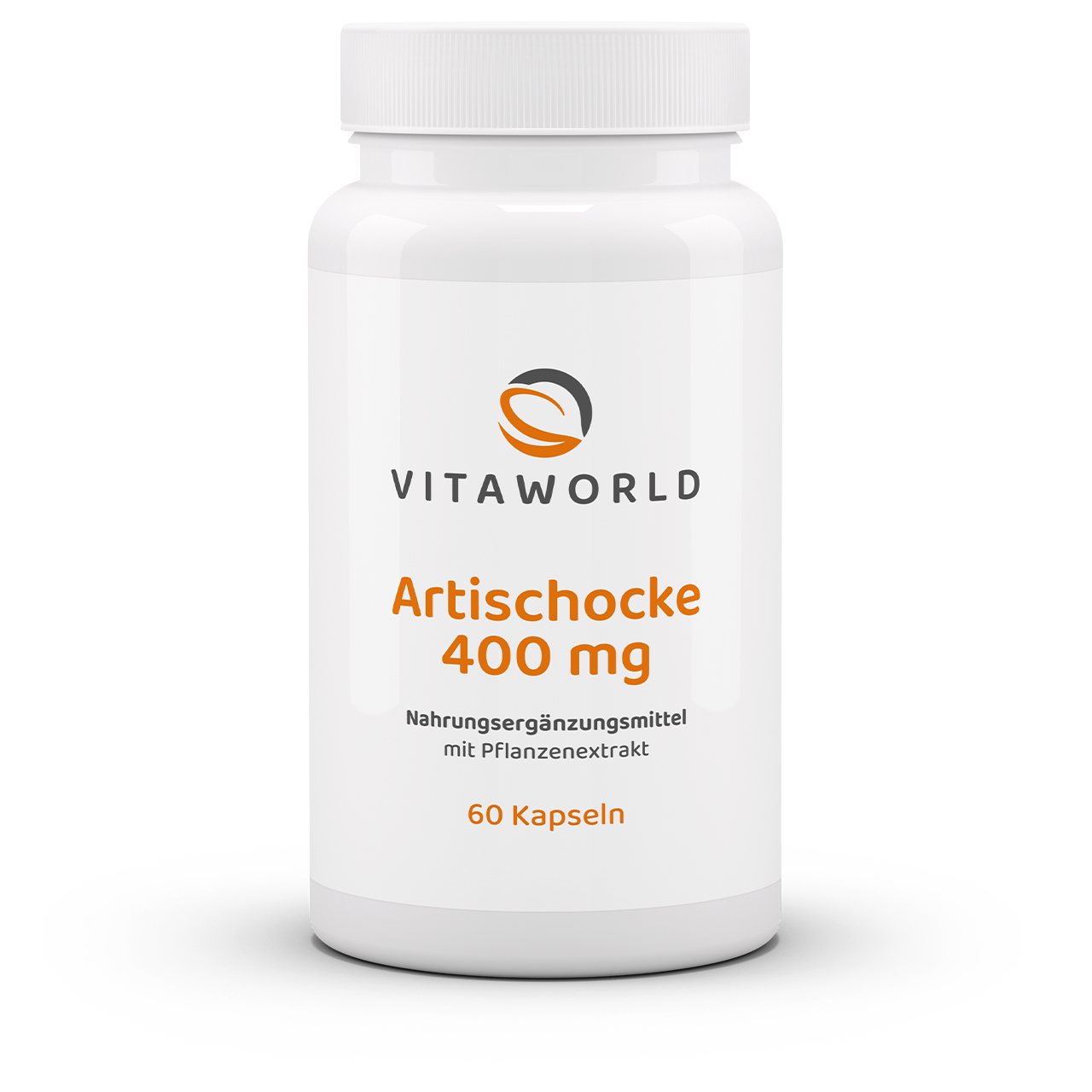
- Valuable bitter compounds from a plant with a long history
- More than just a vegetable: artichokes as part of a healthy diet
- Traditional plant from the Mediterranean region with a distinctive aroma
Content: 0.0297 Kilogramm (€400.67 / 1 Kilogramm)
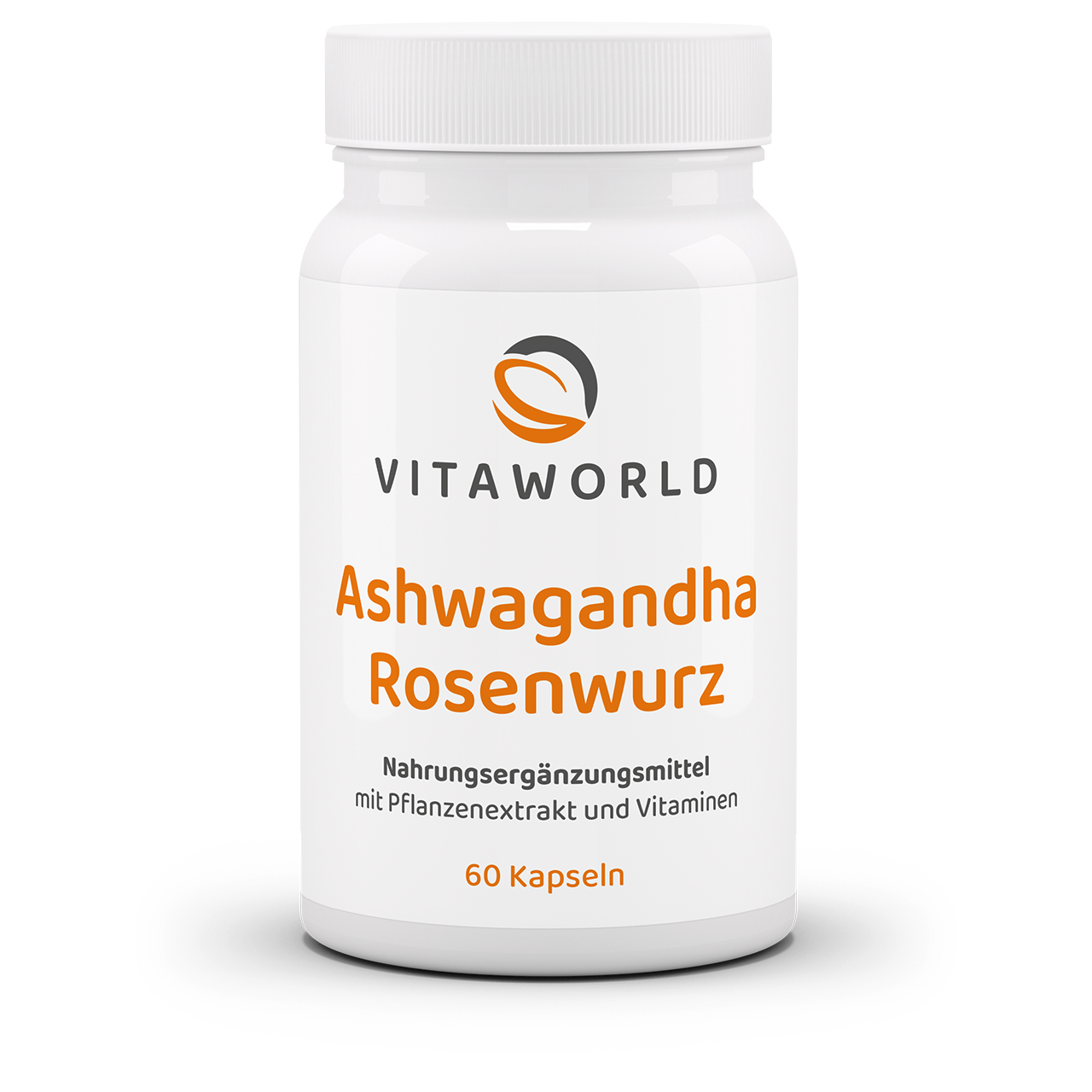
- For moments of calm in everyday life – with ashwagandha and rose root
- capsules with high-quality KSM-66® extract and valuable micronutrients
- B vitamins specifically supplement the herbal complex
Content: 0.0261 Kilogramm (€877.39 / 1 Kilogramm)

- Highly concentrated & plant-based – 250 mg pure beta-sitosterol per capsule, from high-quality pine extract
- Natural & vegan – 100% plant-based phytosterols
- The power of plants for your daily intake
Content: 0.0277 Kilogramm (€898.92 / 1 Kilogramm)
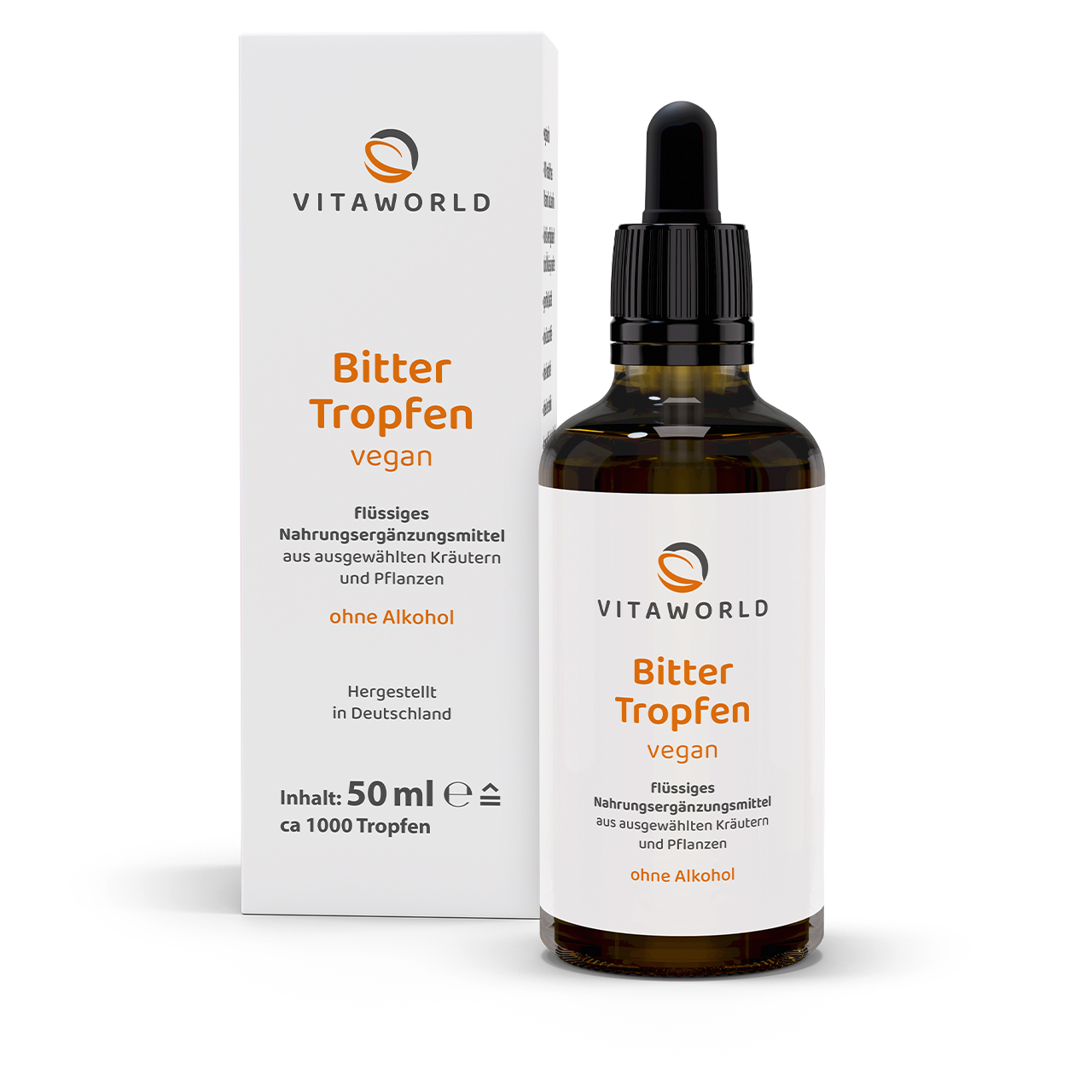
- 9 bitter herbs, alcohol-free: Discover artichoke, rosemary and more for your well-being
- Traditionally valued, modernly interpreted – valuable bitter compounds for every day
- Natural essences: dandelion, gentian and ginger – versatile and purely plant-based
Content: 0.05 Liter (€318.00 / 1 Liter)
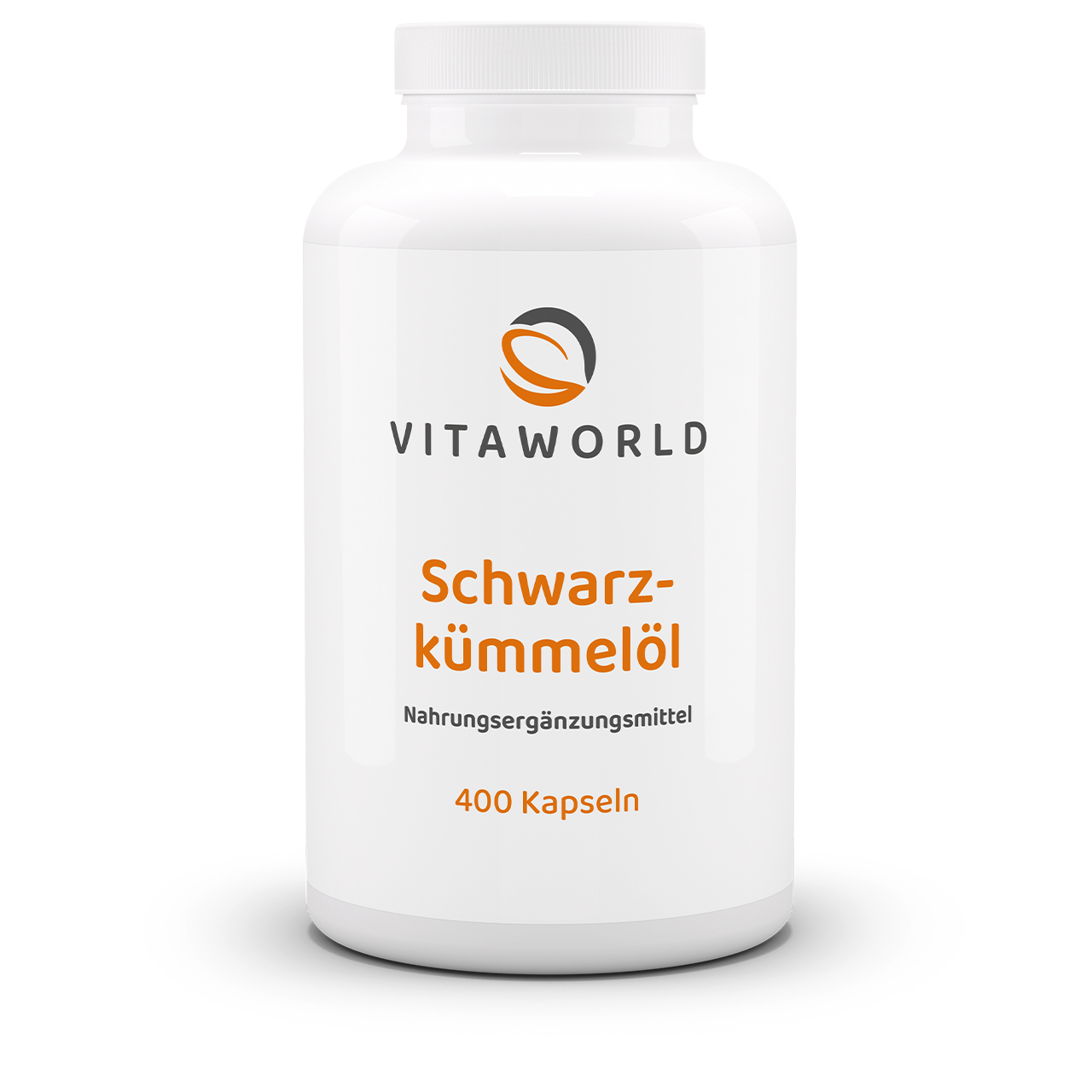
Naturalness in every capsule Our high-quality black cumin oil comes from traditional cultivation in Syria and is gently cold-pressed to best preserve its natural ingredients. Each soft gelatin capsule contains 500 mg of pure black cumin oil, supplemented with natural vitamin E, which helps protect cells from oxidative stress. The practical storage tin contains 400 capsules, providing a convenient long-term supply. Ideal for anyone who values a balanced diet and appreciates natural products. Thanks to the capsule form, the oil is tasteless and easy to dose – perfect for daily use. Black cumin oil has been popular for centuries and is particularly valued for its natural quality. Our oil combines tradition, purity and convenience – a natural addition to your daily routine. Contents Food supplement with black cumin oil and vitamin E 69% black cumin oil (cold-pressed, 50% linoleic acid), capsule shell (cassava (starch), glycerin, water), D-alpha tocopherol Ingredients PRODUCT INFORMATION PER 2 CAPSULES %NRV* Black Cumin oil 1000 mg ** Vitamin E (mg α-TE) 10 mg 84 %* Nutrient reference value (NRV) according to Regulation (EU) No. 1169/2011**No NRV available.
Content: 0.291 Kilogramm (€9.24 / 0.1 Kilogramm)
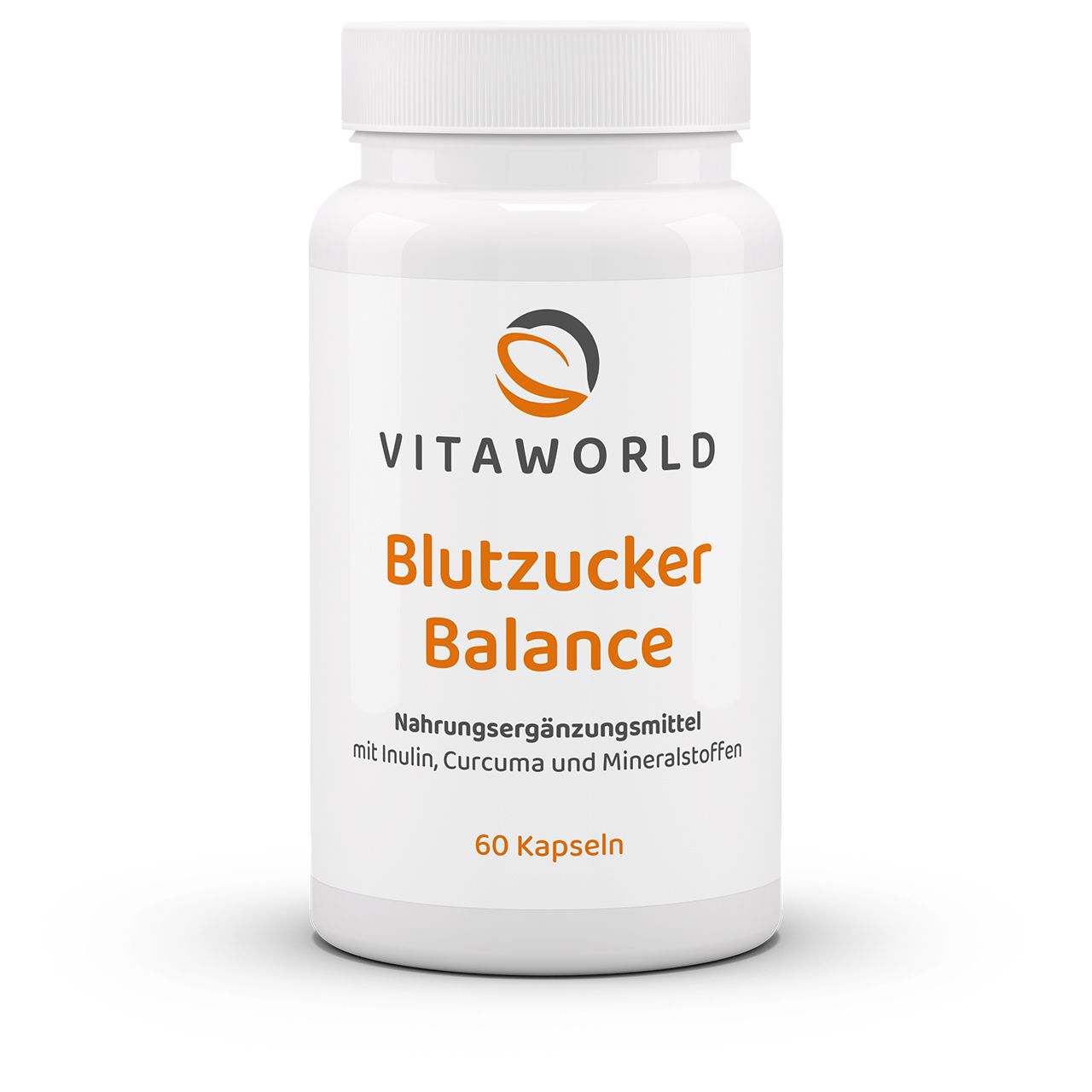
- Your daily contribution to inner balance – With chromium, zinc and selected plant substances
- Focus on metabolism – Chromium for blood sugar, zinc for carbohydrate metabolism
- The power of fibre meets plant extracts – Inulin, curcumin and piperine as a well-thought-out supplement
Content: 0.0328 Kilogramm (€606.71 / 1 Kilogramm)
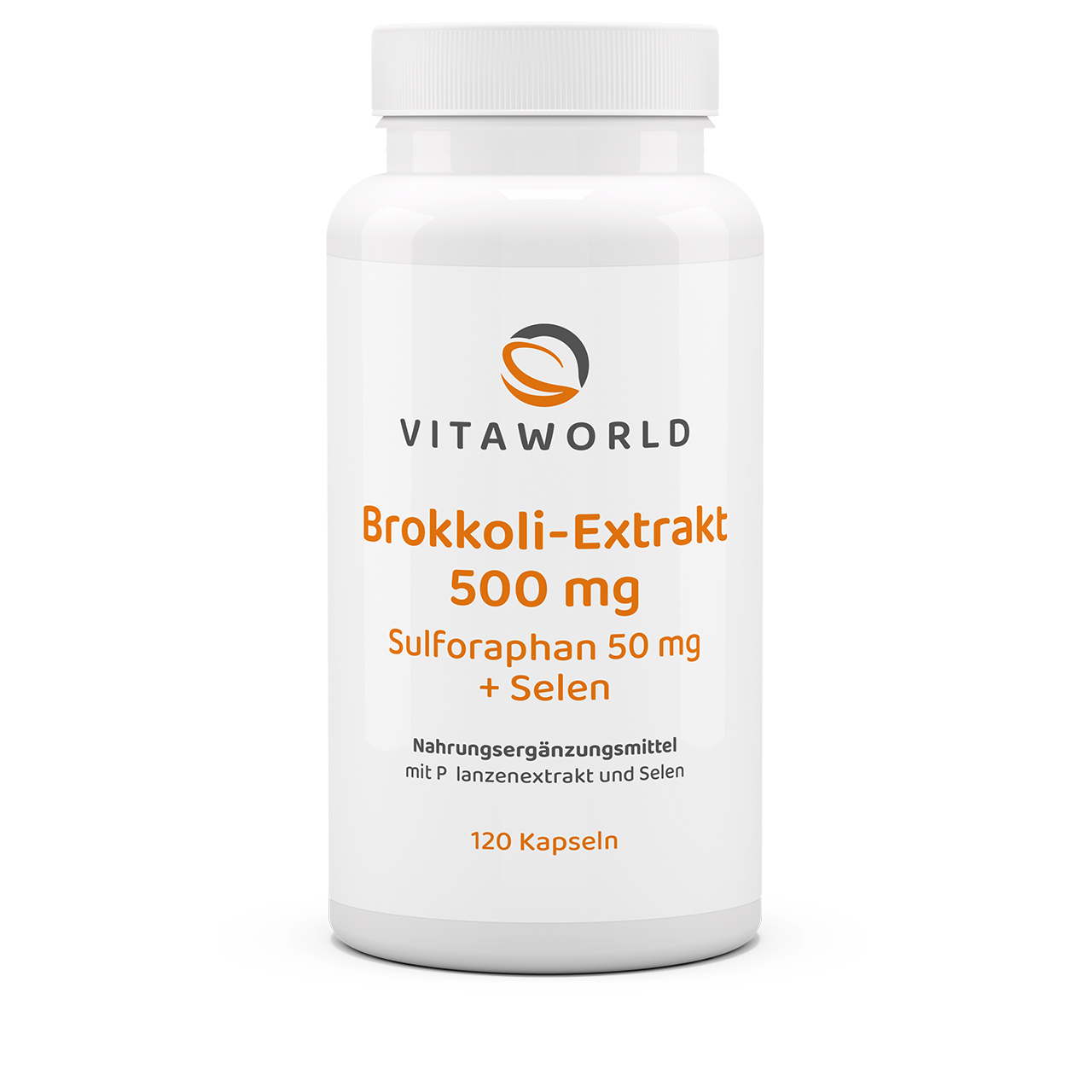
- The secret of broccoli sprouts: 50 mg of natural sulforaphane
- Plant synergy – broccoli extract combined with 55 µg of selenium per capsule
- More than just a vegetable: supplemented with selenium to protect against oxidative stress
Content: 0.0549 Kilogramm (€635.70 / 1 Kilogramm)
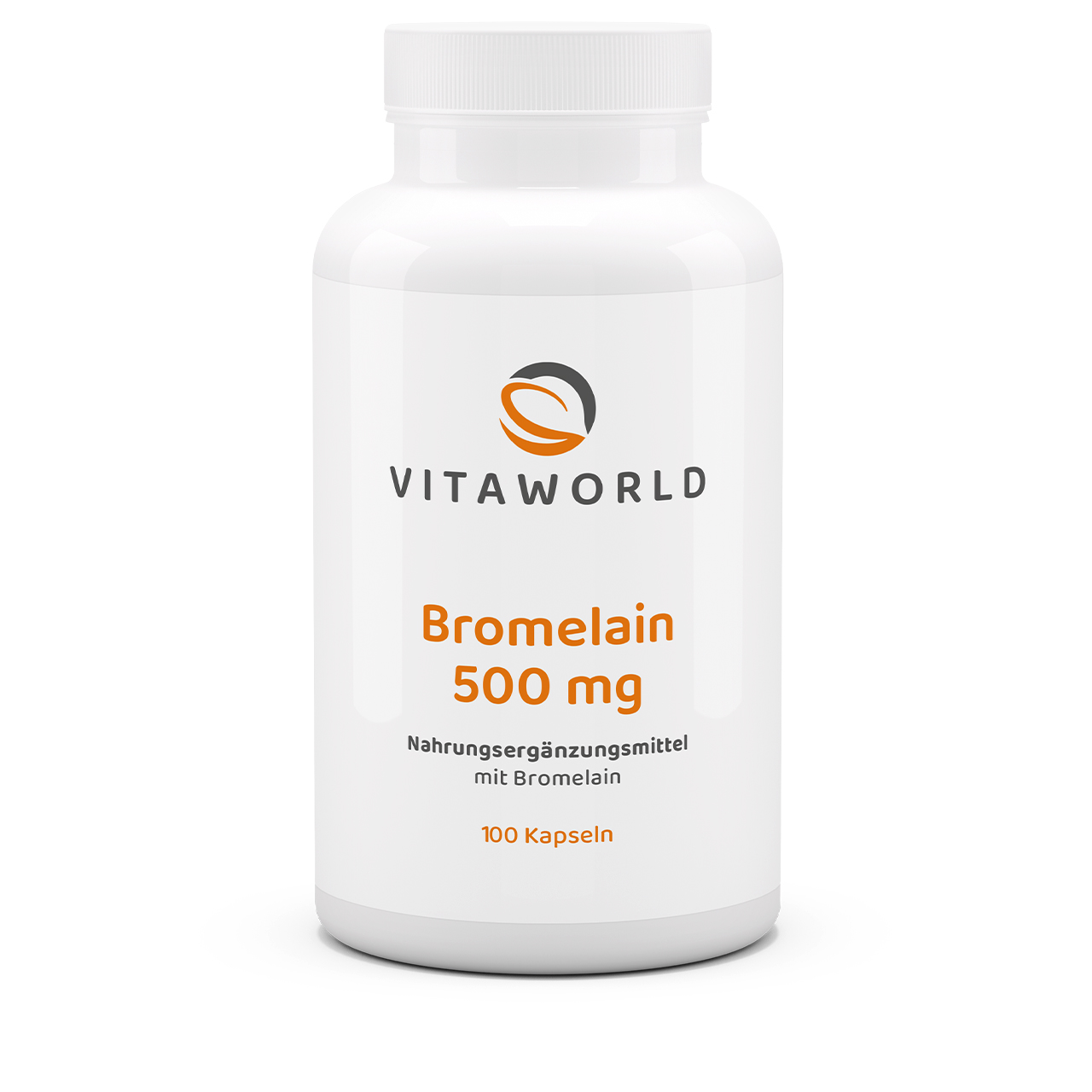
- Bromelain – 500 mg protein-splitting enzyme from pineapple
- Naturally sourced from pineapple – 500 F.I.P. bromelain per daily dose
- Plant enzyme power – concentrated bromelain from pineapple stem
Content: 0.07 Kilogramm (€241.43 / 1 Kilogramm)
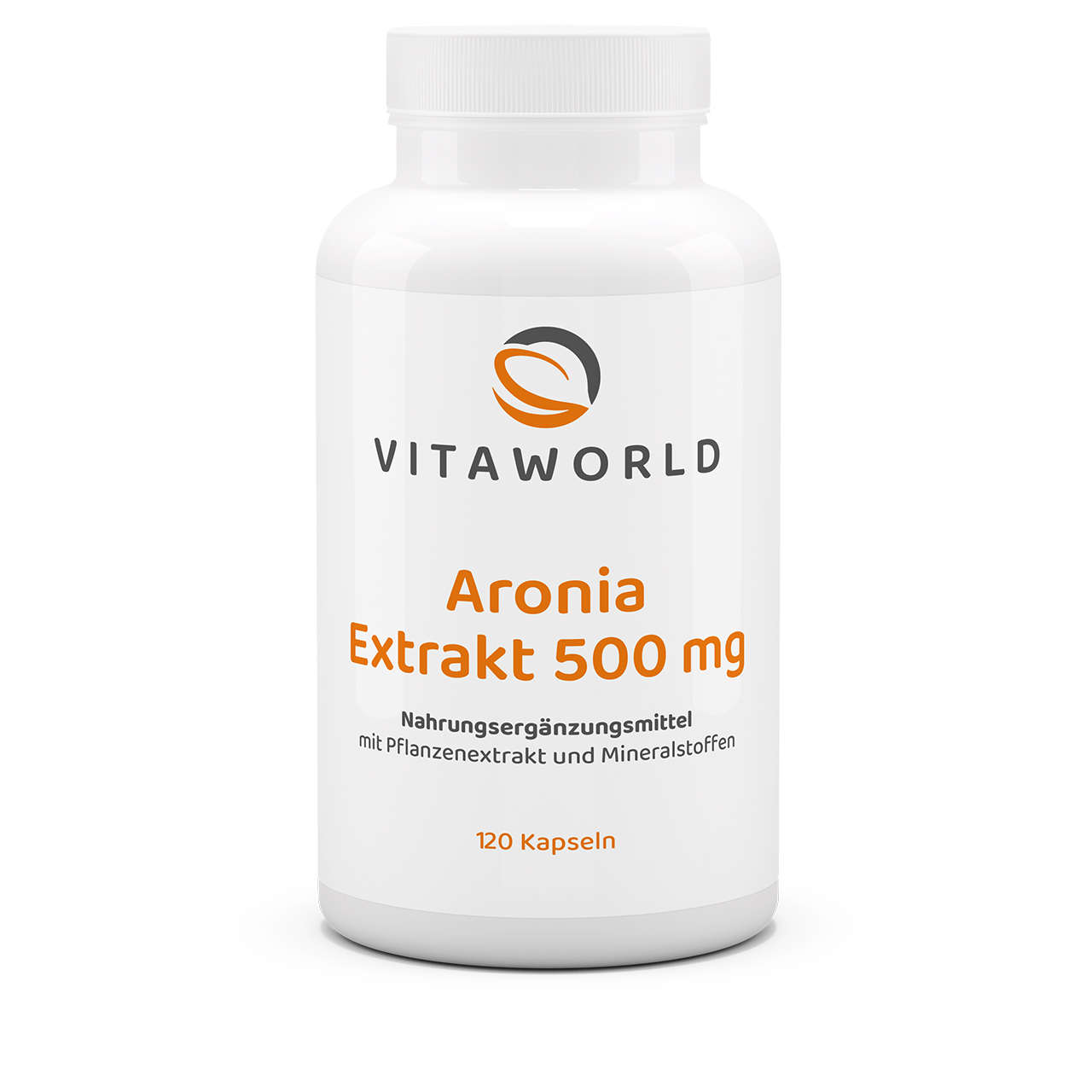
- Power from aronia berries – naturally rich in OPC
- with zinc and selenium – two essential trace elements
- pure aronia – traditionally valued, modern combination
Content: 0.088 Kilogramm (€214.77 / 1 Kilogramm)

- Ceylon cinnamon & chromium – gentle companions for everyday blood sugar control
- Chromium contributes to maintaining normal blood sugar levels
- With vitamins & minerals – for a conscious diet and a good feeling
Content: 0.0846 Kilogramm (€140.66 / 1 Kilogramm)

- Mediterranean plant: Cistus incanus – valued for centuries in the Mediterranean region
- Powerful combination: 1000 mg cistus + zinc per daily dose – naturally supplemented
- With zinc for the immune system: Contributes to normal immune system function and cell protection
Content: 0.037 Kilogramm (€402.70 / 1 Kilogramm)
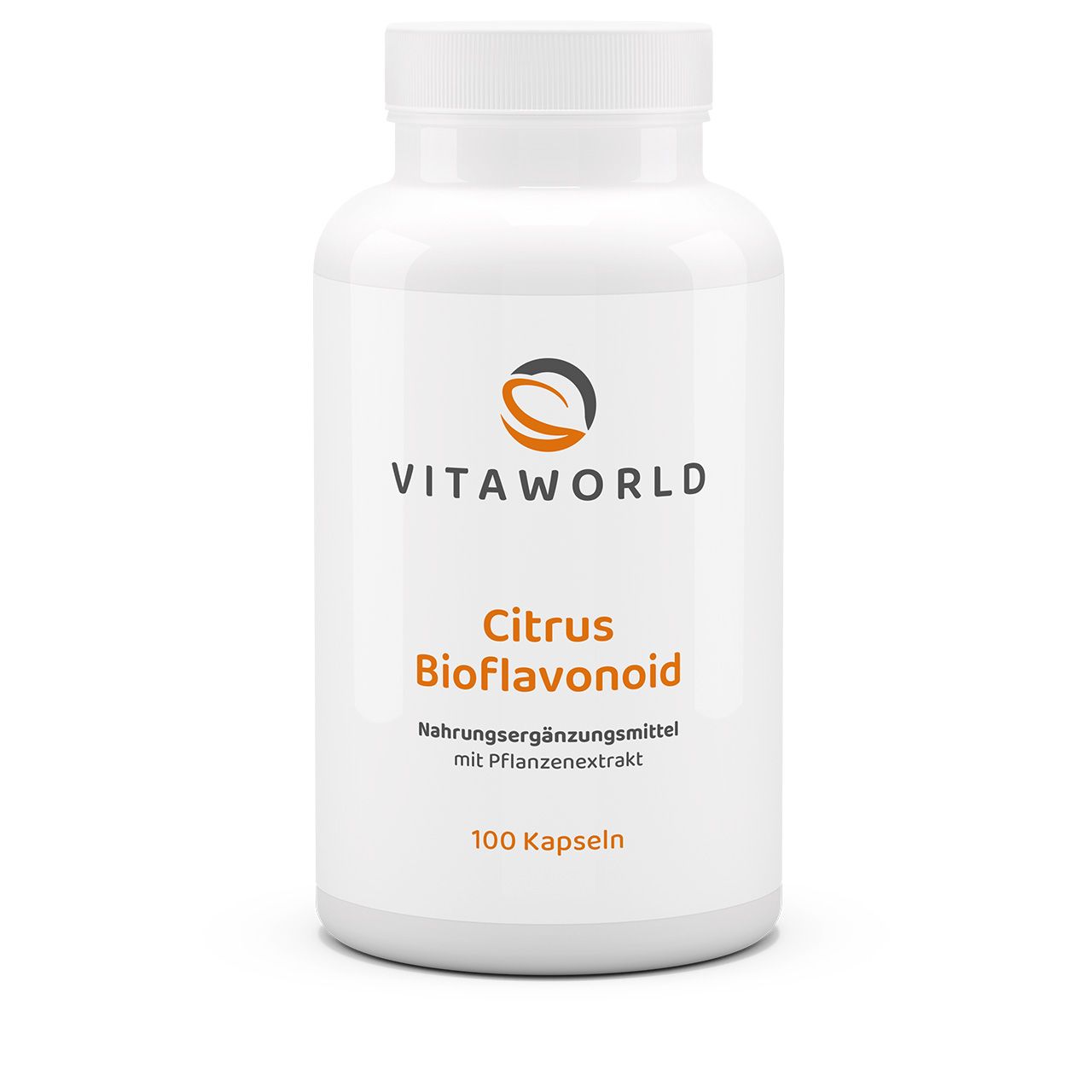
- Natural hesperidin from bitter orange (465 mg) - Concentrated source of valuable citrus bioflavonoids
- Natural plant power - ideal in combination with vitamin C
- Important supplement - citrus bioflavonoids cannot be produced by the body itself
Content: 0.064 Kilogramm (€232.81 / 1 Kilogramm)
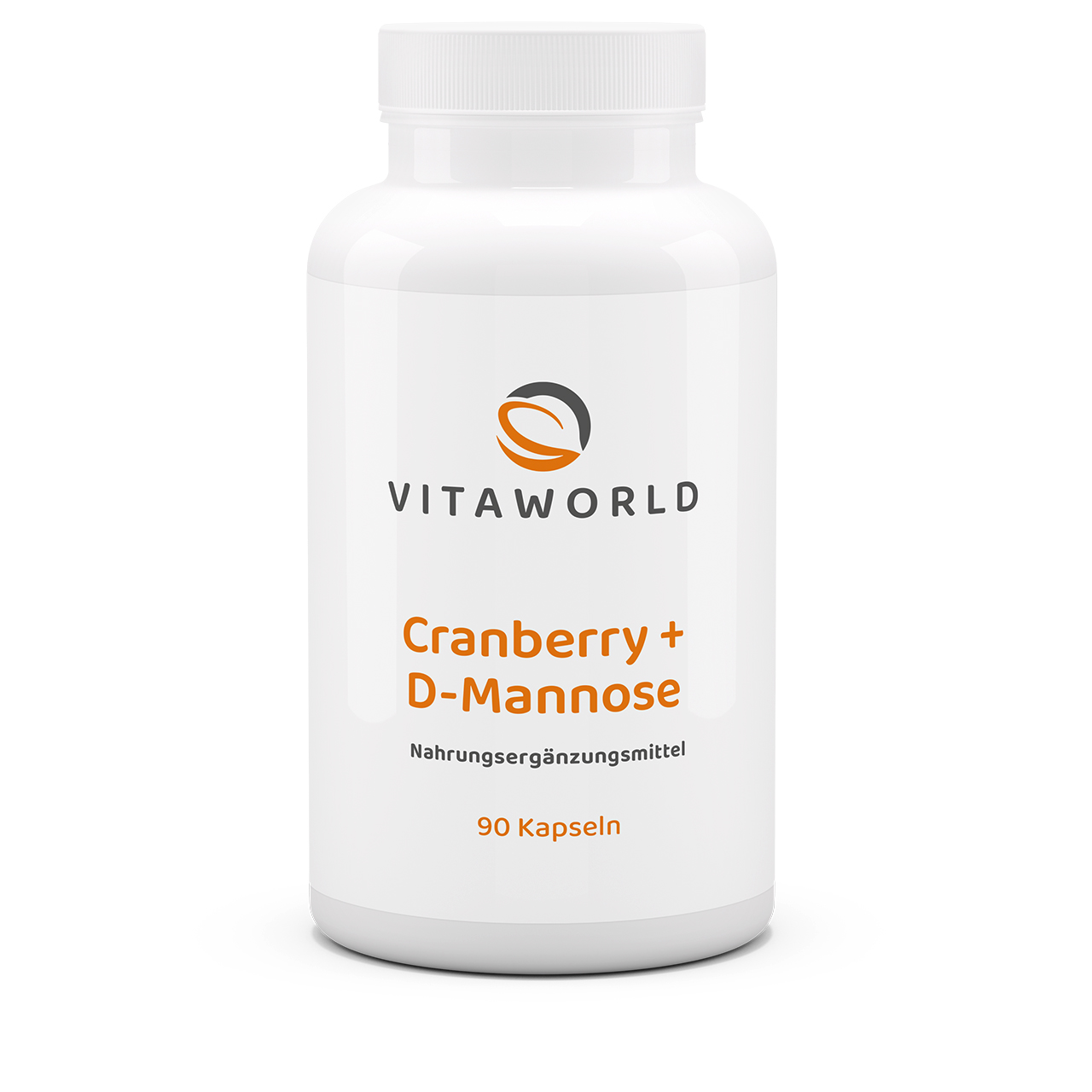
- Powerful combination: cranberry with 25% PAC, 500 mg D-mannose & L-methionine
- Naturally supplemented: D-mannose – a component of the cell membrane in the urinary tract
- With zinc for the immune system.
Content: 0.072 Kilogramm (€276.39 / 1 Kilogramm)

- Pure berry power: 400 mg cranberry powder per capsule
- With vitamin C: 75 mg per capsule – to support the immune system
- Ideal for every day: A fruity supplement for your daily routine
Content: 0.102 Kilogramm (€195.10 / 1 Kilogramm)
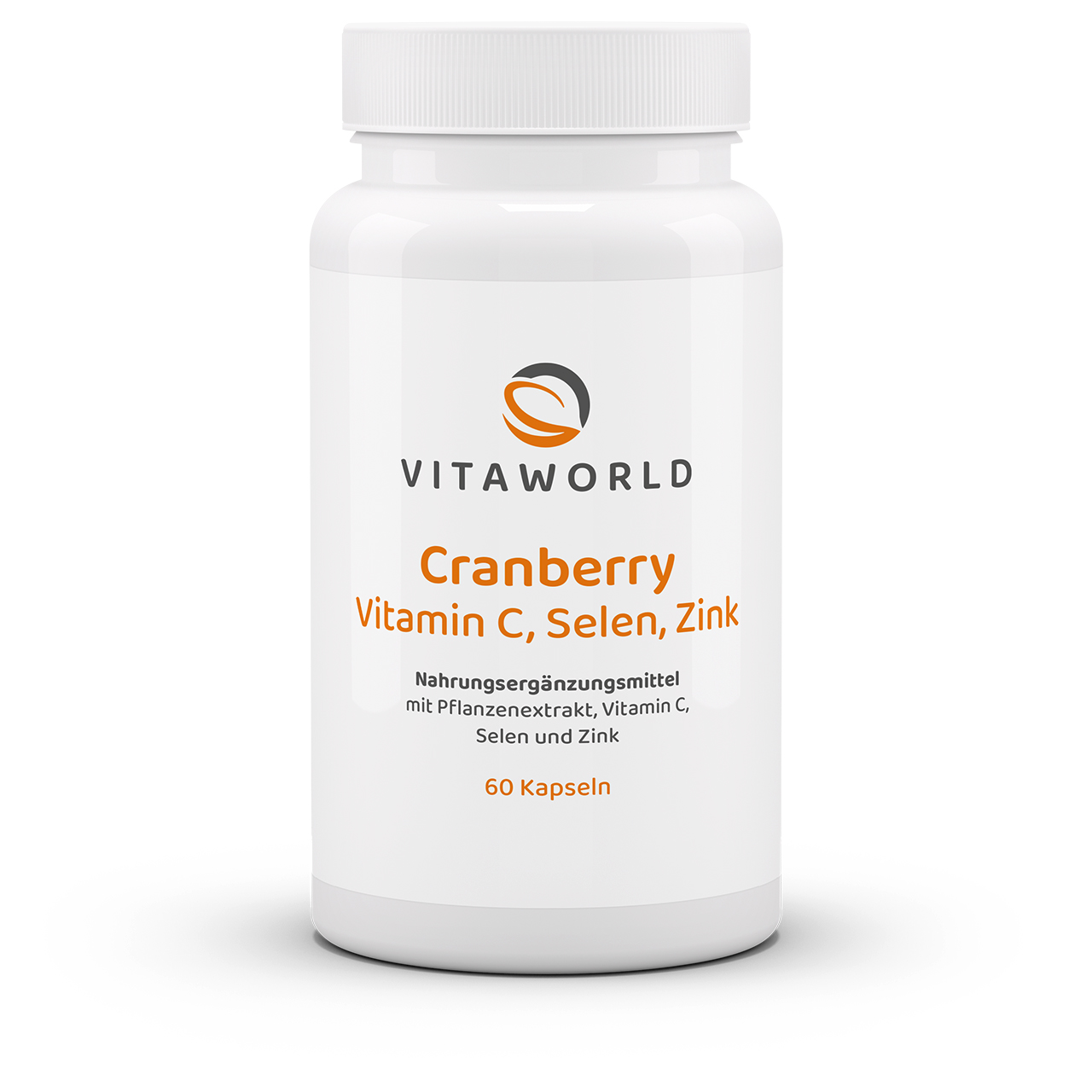
- Cranberry power – 400 mg extract per capsule, with 10 mg proanthocyanidins
- Micronutrient trio: with vitamin C, zinc and selenium – to support the immune system
- Plant power & micronutrients – cleverly combined for your daily well-being
Content: 0.0334 Kilogramm (€416.17 / 1 Kilogramm)
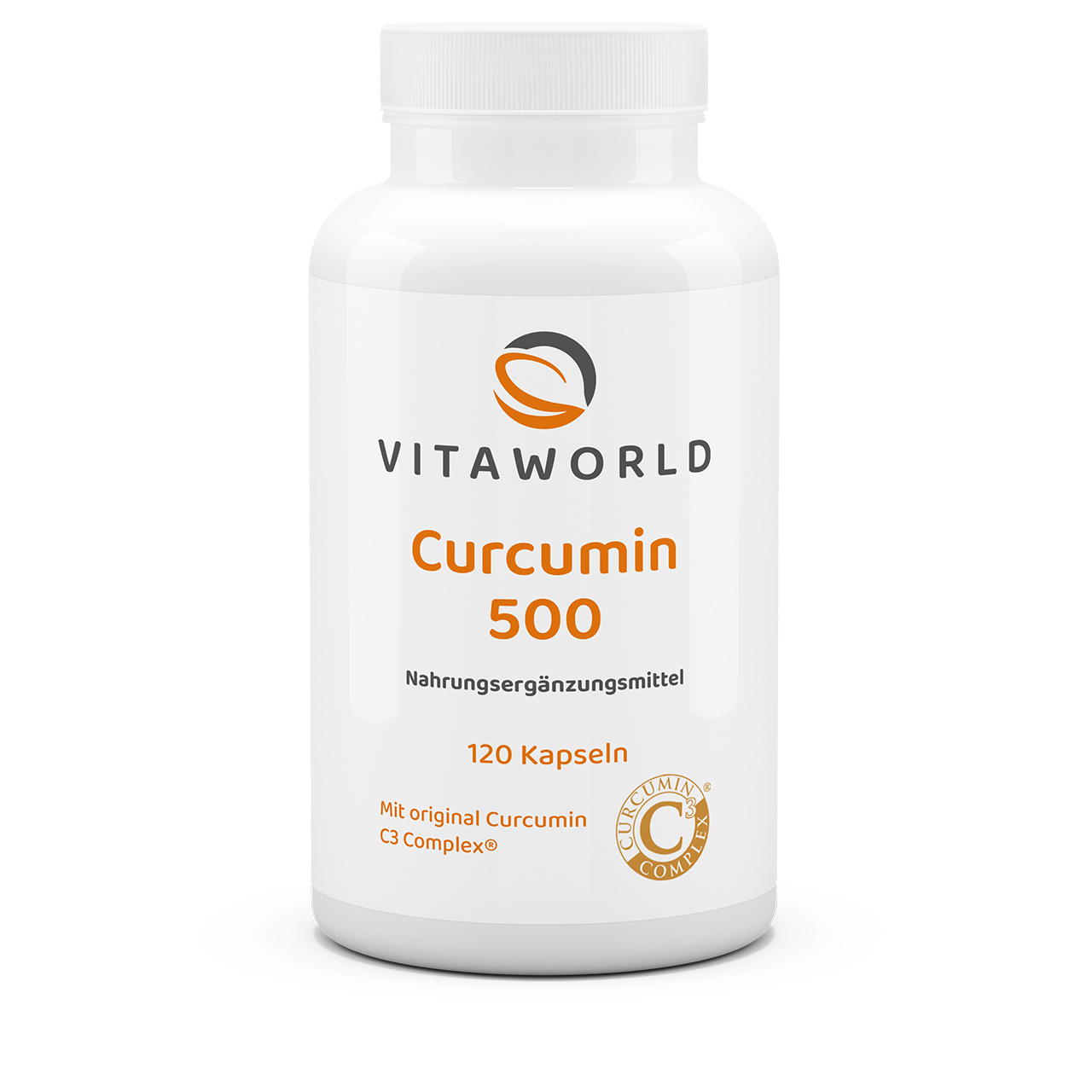
- Premium quality: With the original Curcumin C3 Complex® – 500 mg curcuminoids per capsule
- Improved absorption: Contains 10 mg piperine from black pepper
- Powerful plant power: Proven tradition – newly combined for your everyday life
Content: 0.0786 Kilogramm (€380.41 / 1 Kilogramm)

- Plant-based: 14 mg iron from natural curry leaf extract per capsule
- Clever combination: With 40 mg vitamin C from acerola for optimal iron absorption
- Gentle & effective: Well tolerated – also ideal for vegetarians and vegans
Content: 0.067 Kilogramm (€341.79 / 1 Kilogramm)
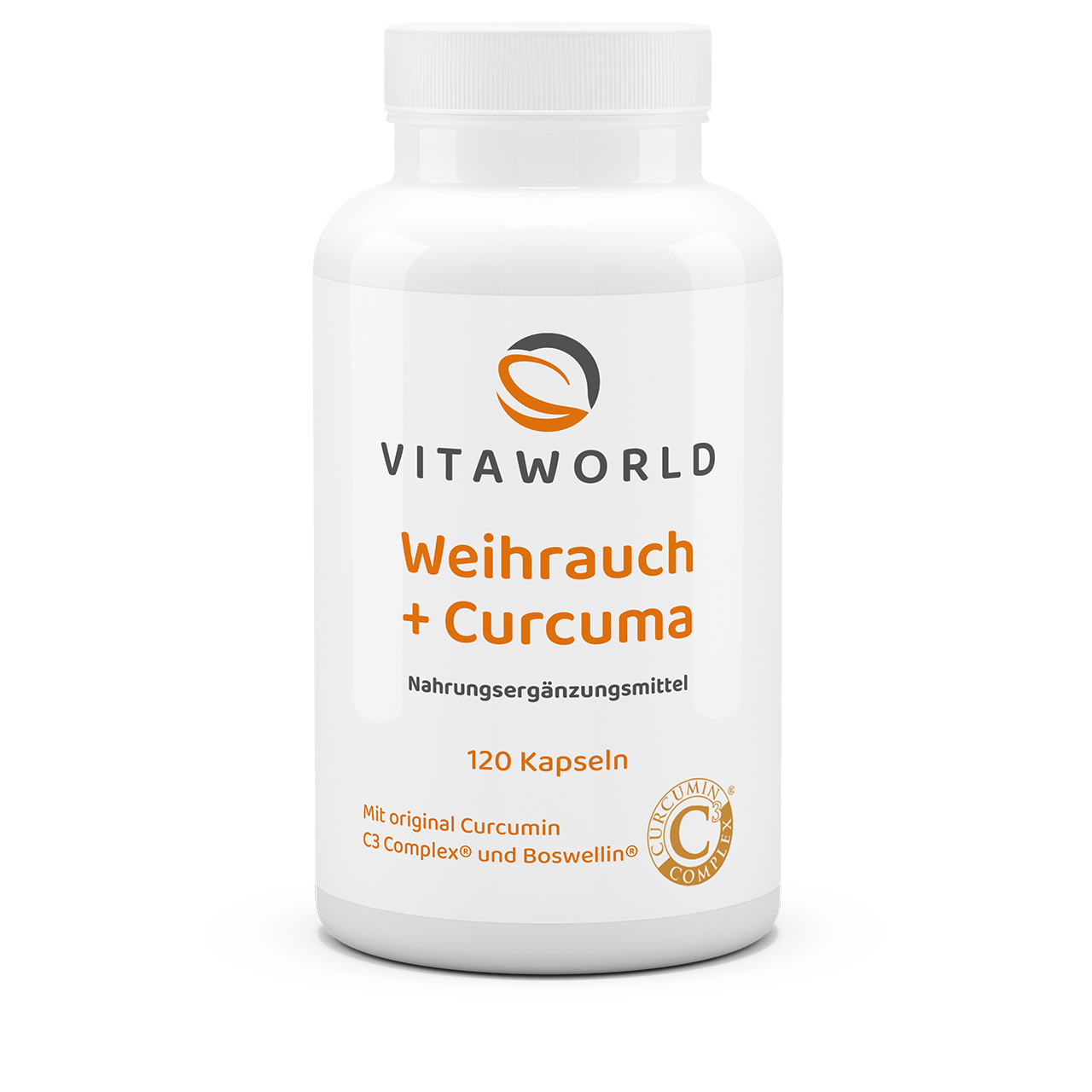
- Naturally powerful – with Boswellin®, Curcumin C3 Complex® & MSM
- With vitamin C from acerola – for cartilage, bones & a good feeling
- Balanced plant power – ideal for active & demanding days
Content: 0.0702 Kilogramm (€497.15 / 1 Kilogramm)
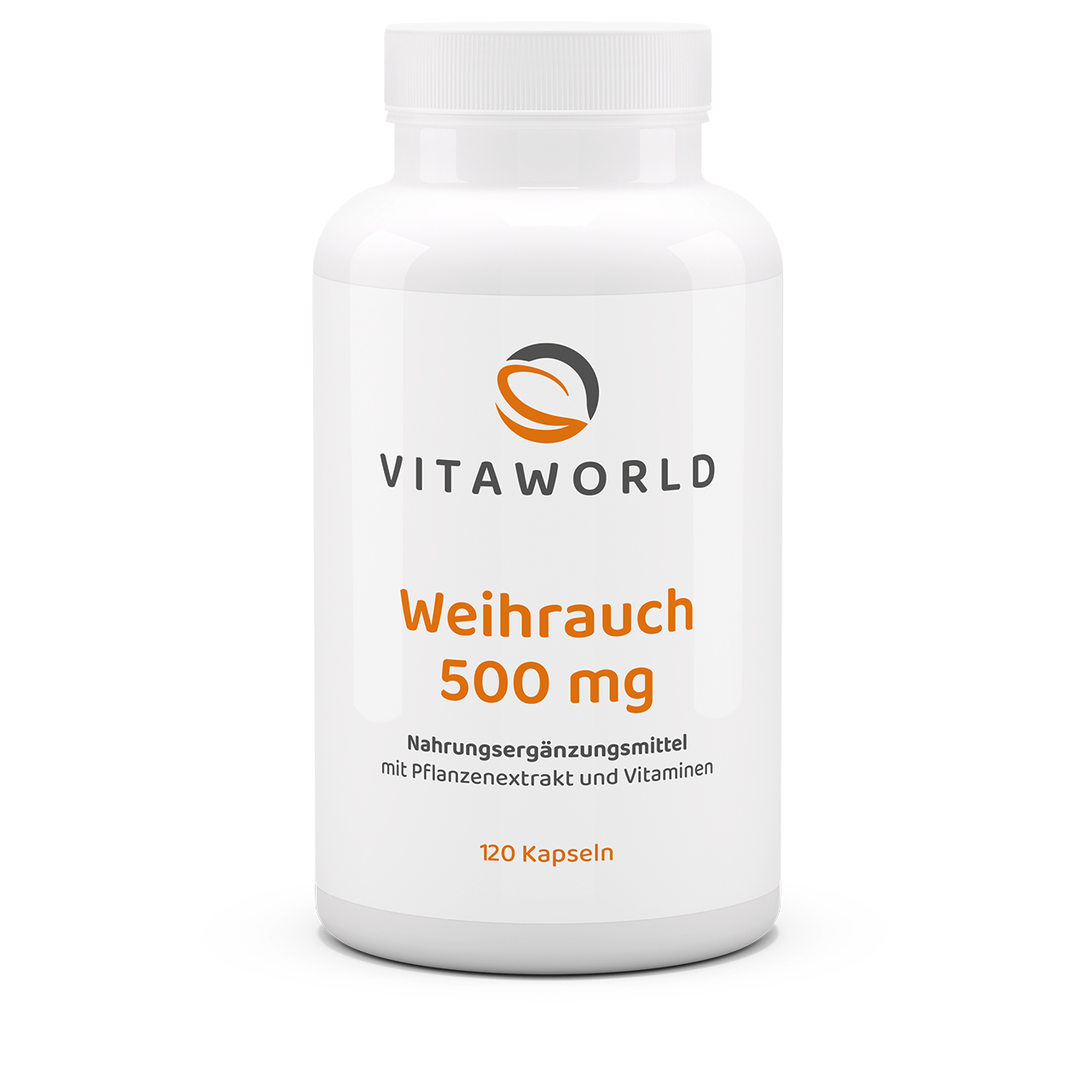
- Original Boswellin® – inspired by the power of traditional incense
- 350 mg boswellic acid per capsule – naturally highly concentrated
- With B1, B2 & B6 – for more ease on busy days
Content: 0.0756 Kilogramm (€223.54 / 1 Kilogramm)
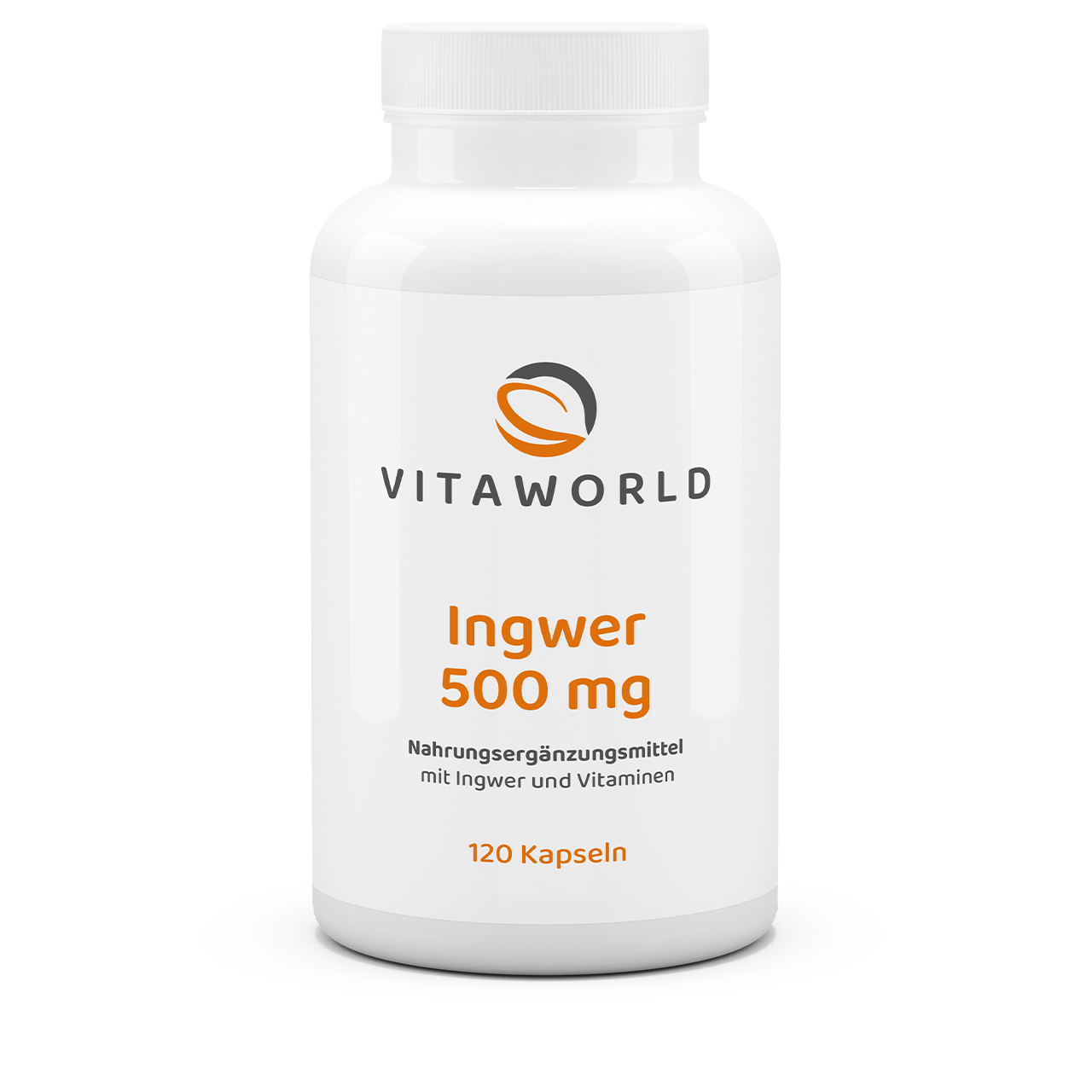
- 1000 mg ginger root powder per day – inspired by Far Eastern tradition
- With vitamins B1, B2 & B6 – to support the immune system
- Vitamin B2 contributes to the maintenance of normal mucous membranes – for your daily well-being
Content: 0.0844 Kilogramm (€176.54 / 1 Kilogramm)
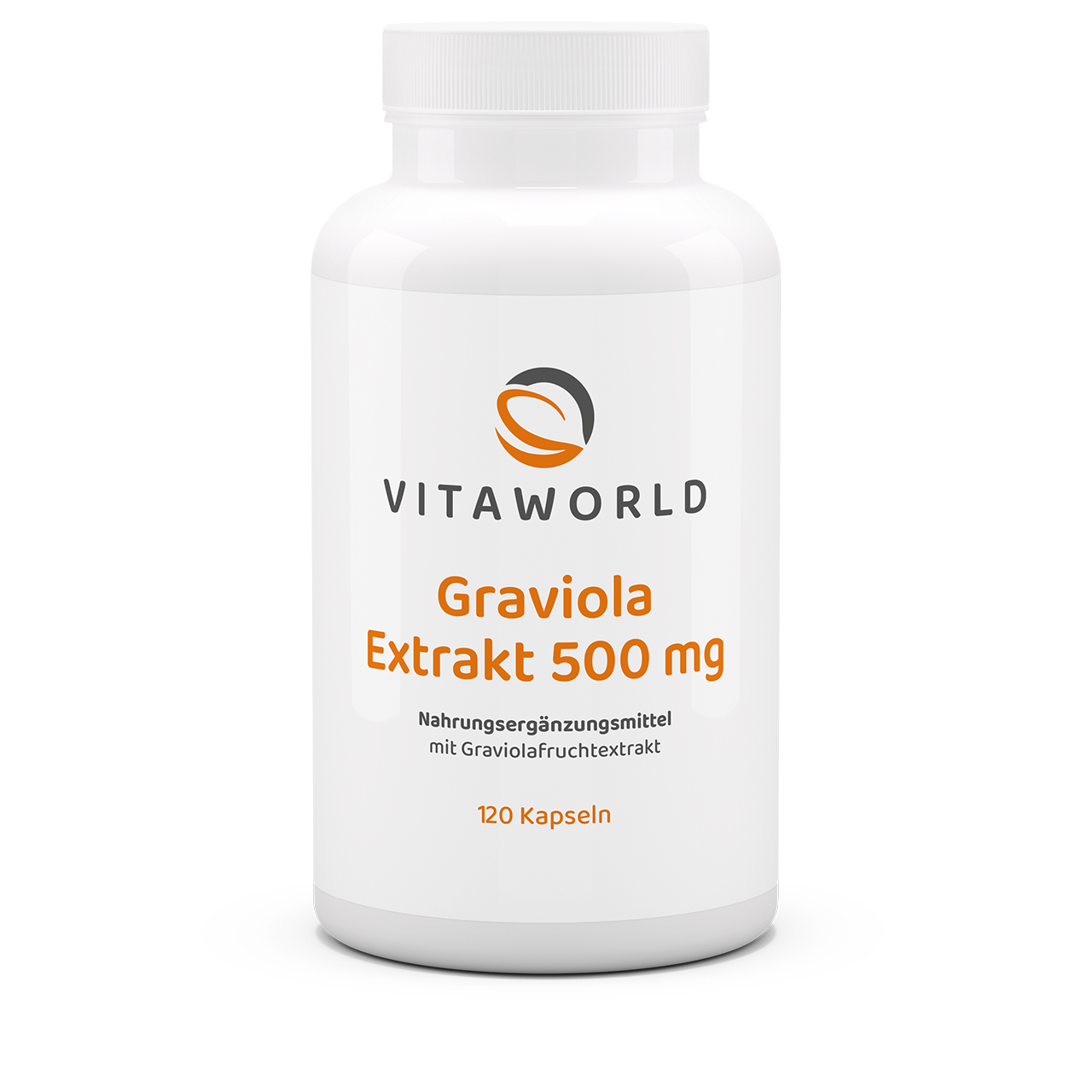
- Highly concentrated 10:1 fruit extract – 1000 mg of graviola power per day
- Tradition meets modernity – inspired by the use of graviola by indigenous peoples of South America
- Pure and high-quality processing – obtained only from selected graviola fruits
Content: 0.0662 Kilogramm (€330.82 / 1 Kilogramm)
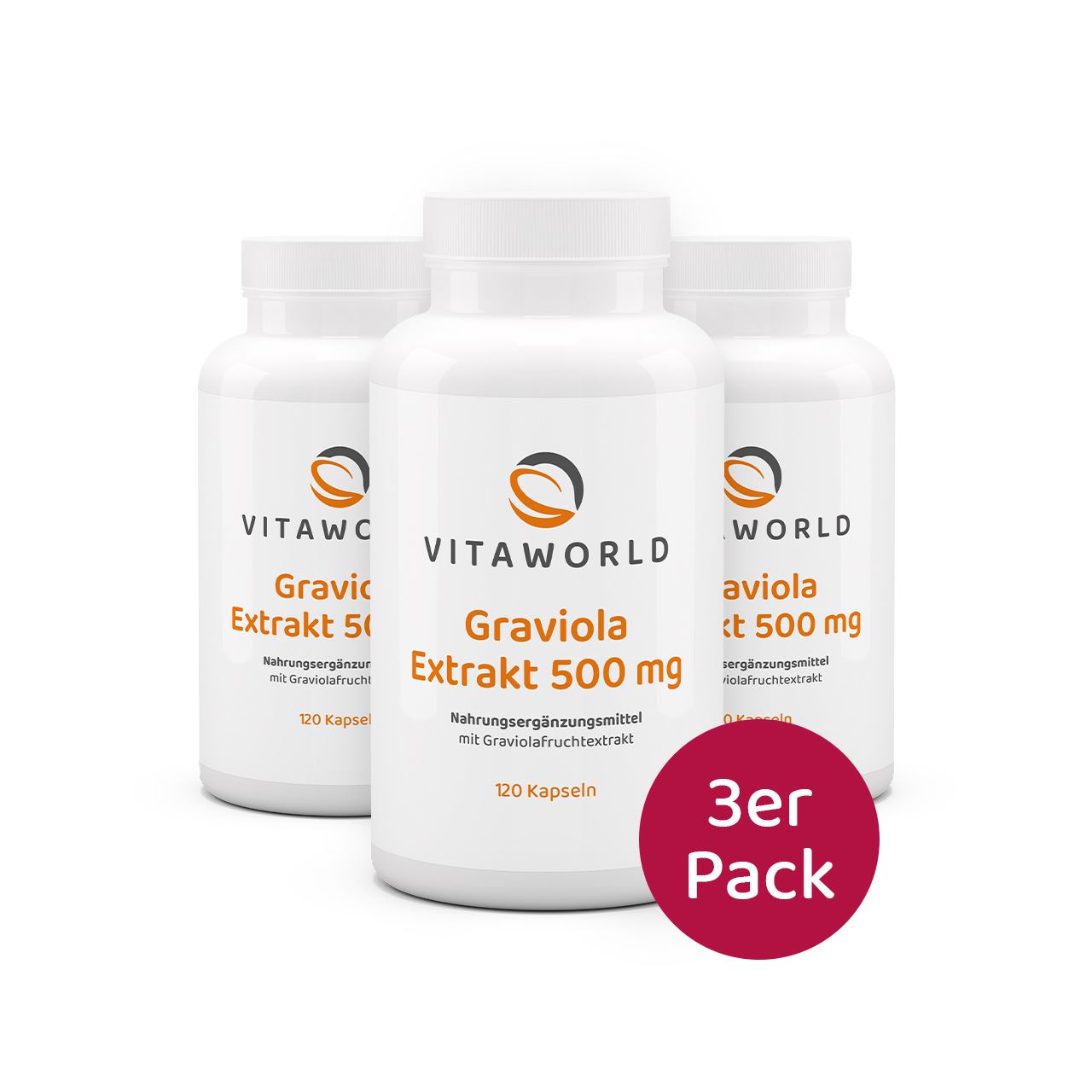
- Highly concentrated 10:1 fruit extract – 1000 mg of graviola power per day
- Tradition meets modernity – inspired by the use of graviola by indigenous peoples of South America
- Pure and high-quality processing – obtained only from selected graviola fruits
Content: 0.199 Kilogramm (€260.80 / 1 Kilogramm)
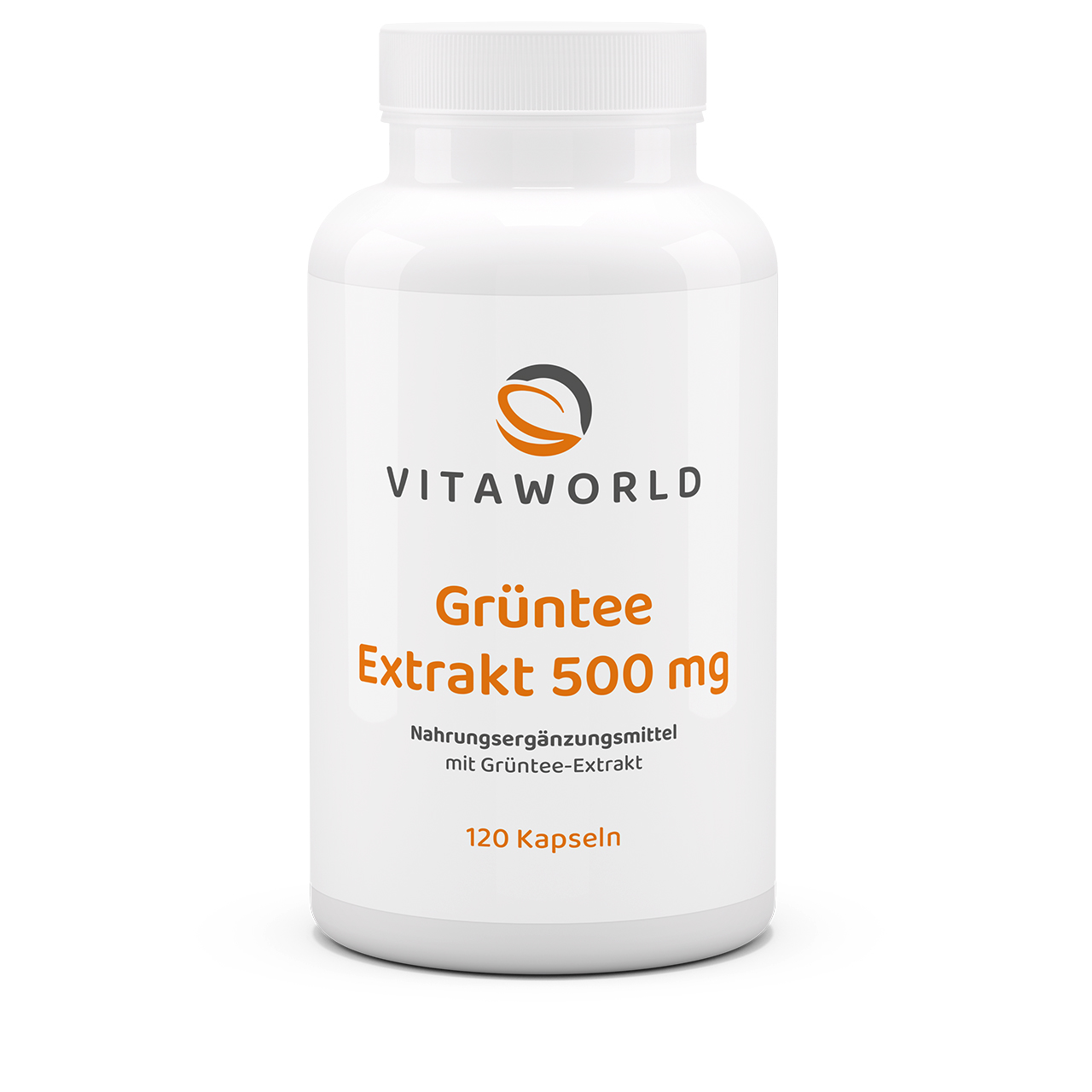
- Traditionally sourced from Camellia sinensis – gently processed without fermentation
- 500 mg polyphenols & 75 mg EGCG – full of natural plant compounds
- 70 mg natural caffeine – the invigorating classic among teas.
Content: 0.0714 Kilogramm (€180.67 / 1 Kilogramm)
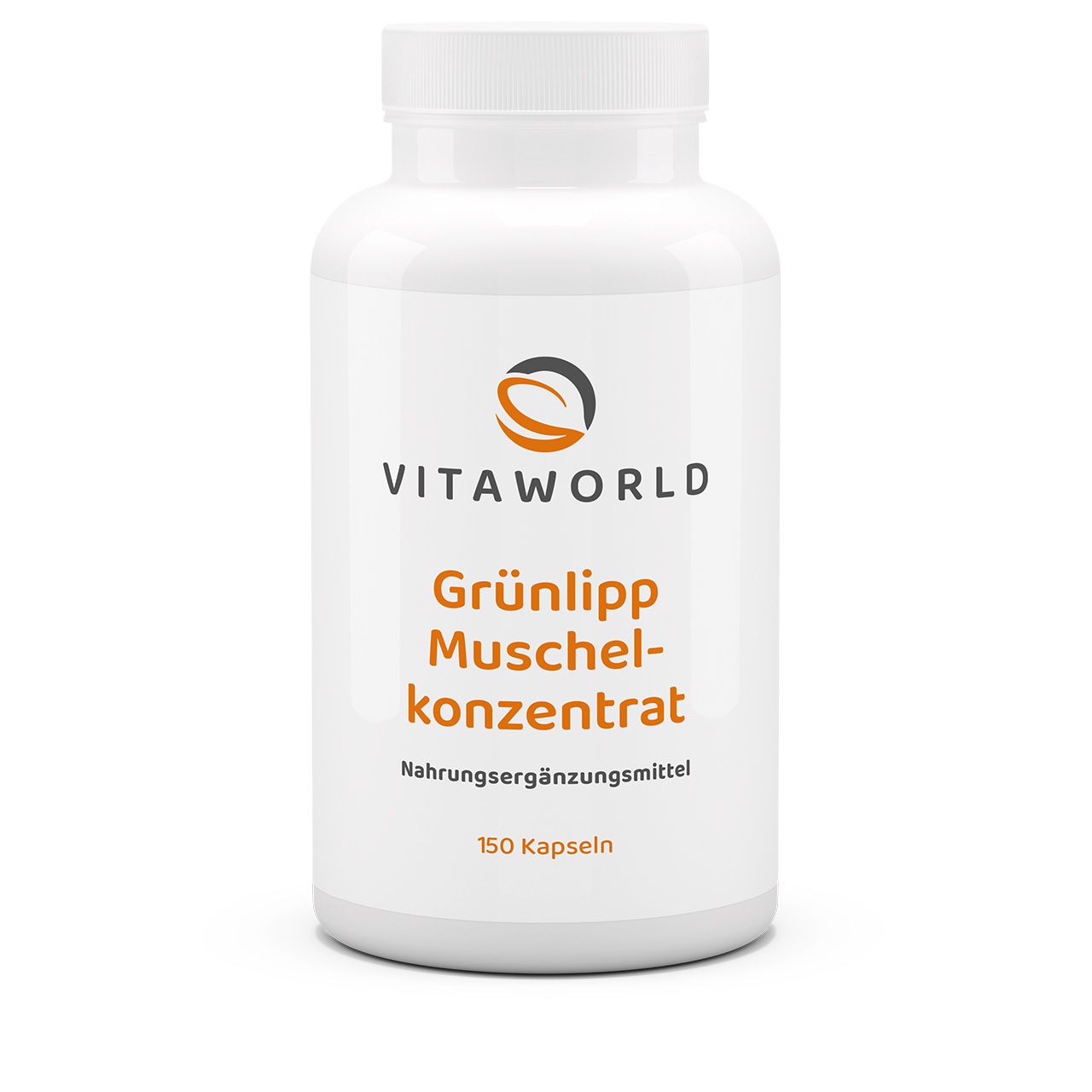
- 500 mg pure green-lipped mussel powder – sourced directly from New Zealand's coastal waters
- Natural source of glycosaminoglycans – valued for generations
- Traditional food of the Maori – combined with modern quality
Content: 0.0907 Kilogramm (€153.25 / 1 Kilogramm)
